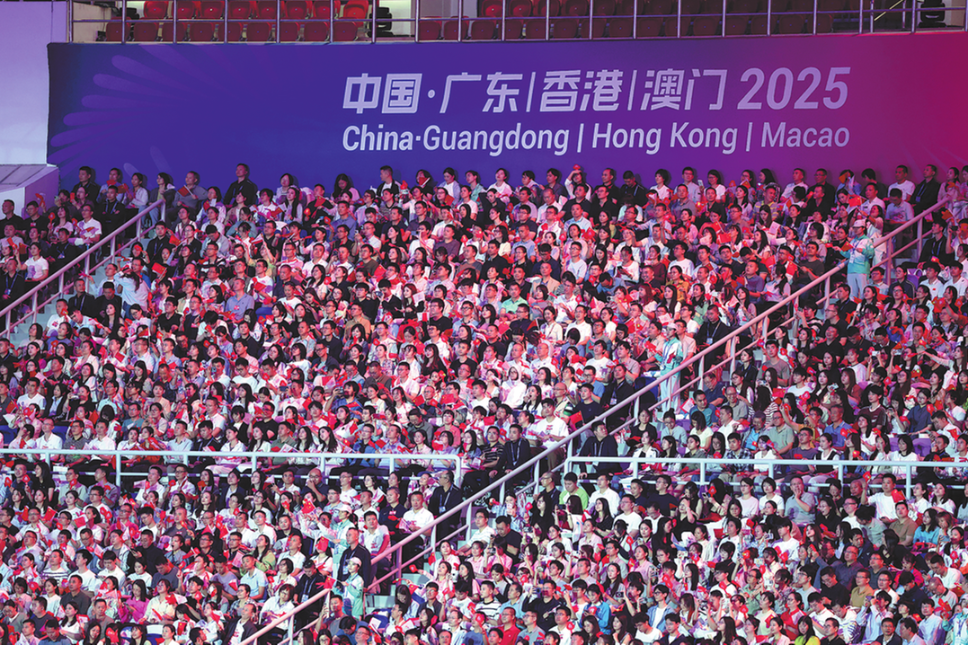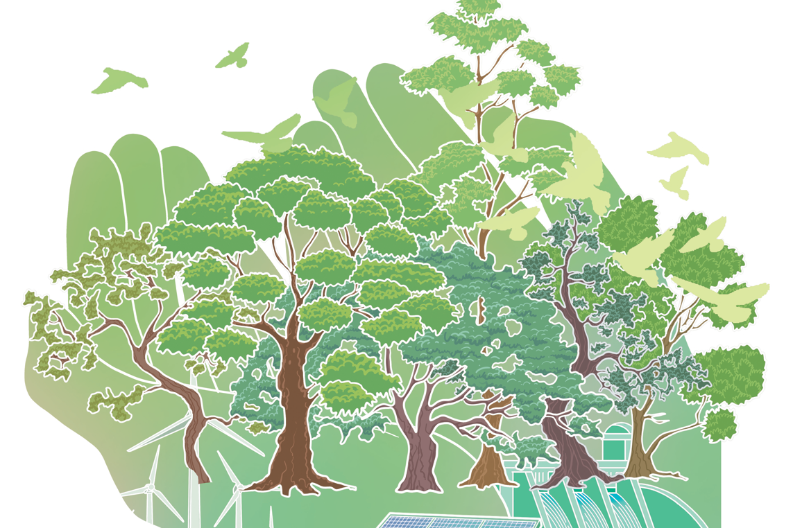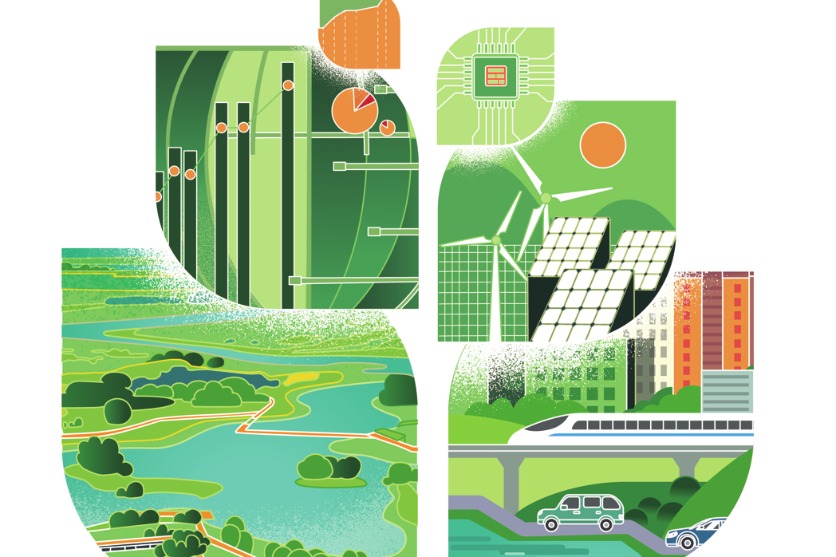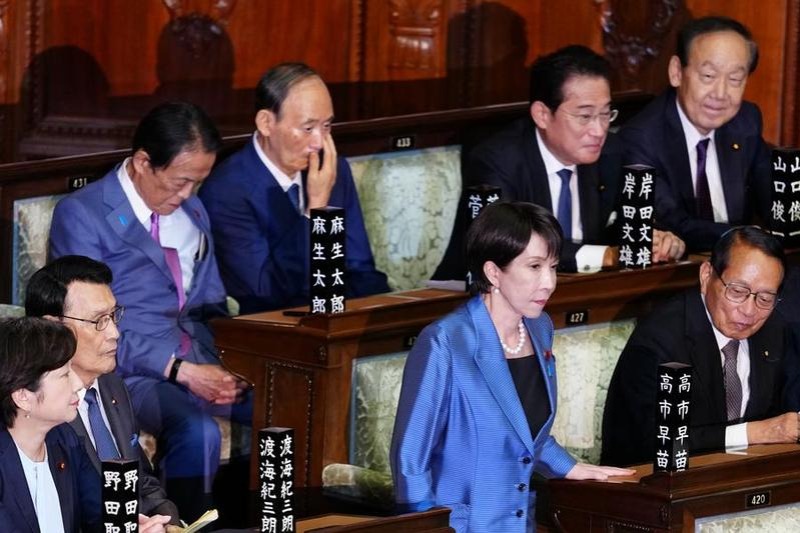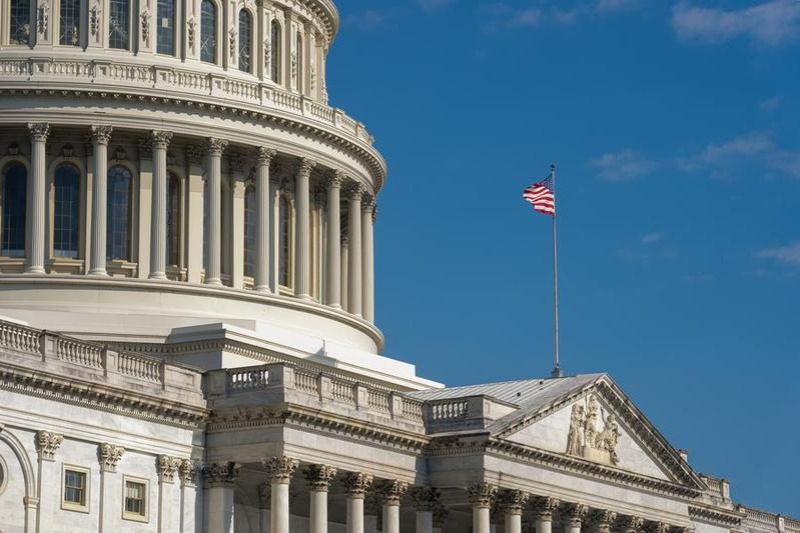Experts' take on the Global South


Editor's note: The Global South has evolved to prioritize economic growth and social welfare. And as part of the Global South, China has been promoting economic development in other developing countries, especially in less-developed countries. Three experts share their views on the issue with China Daily.
Absurd to deny developing nation status
By Wang Zaibang
The United States already defines China as a strategic adversary. Now it has passed an act to deprive China of the status as a "developing nation". The "Ending China's Developing Nation Status Act" was passed unanimously by the House of Representatives on March 27 and the Foreign Affairs Committee of the Senate on June 8. It is likely to soon go from the Senate to US President Joe Biden's table to be signed into law.
The act is another tool the Biden administration will use to contain the rejuvenation of the Chinese nation, as it requires the US Secretary of State to try and change China's status in international organizations and treaties from a "developing nation" to a "high-income economy" or a "developed country". The US' aim is clear: it wants to deprive China of its right to special and differential treatment within the framework of the World Trade Organization.
But since few in the world believe the US can contain China's development, it will be difficult for Washington to succeed in forcing all countries and organizations to consider China as a "developed country".
First, major international organizations such as the International Monetary Fund, the World Bank and the WTO have no clear and fixed standard to distinguish between developed and developing countries. The World Bank classifies countries according to per capita gross national income, not as developed and developing countries. The bank adjusted its criterion on July 1, 2022, to define a country with per capita GNI of $13,205 as a high-income economy. And even by the World Bank's criterion, China is not a high-income country, not to mention the complicated difference between a high-income country and a developed country.
Second, according to the WTO, member states can "self-designate" themselves as a developing or developed country. China joined the WTO in 2001 with the self-declared status of a developing country.
The 12th WTO Ministerial Conference in June 2022 made a decision on Exemption from Intellectual Property Obligations of Vaccines in COVID-19, exempting "eligible members" from the obligation to protect the patents of COVID-19 vaccines. This means "eligible members" can authorize the production and export of COVID-19 vaccines developed by any country or organization to other "eligible members" without the permission of the patentee. It also encouraged developing country members with vaccine production capacity to make binding commitments to follow this decision.
The WTO website shows China is an eligible member that made the commitment. In other words, China got a written confirmation from the WTO that it is still a developing country, by making the commitment.
Third, the US has been trying to deny China's status of a developing country in multilateral forums and organizations for the past five years, but in vain.
In January 2019, the US submitted a motion to the WTO titled "An Undifferentiated WTO: Self-declared Development Status Risks Institutional Irrelevance", listing China's achievements in different fields including human development index, macroeconomic index, trade, foreign investment, size of companies, and national defense.
It asserted that some countries like China should no longer be allowed to enjoy the special and differential treatment given to developing countries. On July 26, 2019, the then Donald Trump administration issued the "Presidential Memorandum on Reforming the Status of Developing Countries in the WTO", requiring the Office of the US Trade Representative to urge the WTO to carry out substantive reforms within 90 days, to prevent some member states from enjoying special and differential treatment as developing countries.
After President Joe Biden assumed power, the USTR issued the "China WTO Compliance Report" in February 2022, once again mentioning its proposal to the WTO in January 2019 and viewing it as an important tool to continue putting pressure on China to stop enjoying the "developing country" status.
However, since the "Ending China's Developing Nation Status Act" is just an attempt to "stir-fry leftover rice", the US is not likely to achieve a breakthrough even this time.
But why do they bother raising this question again and again? It seems US politicians, despite knowing it is difficult to deny China the "developing nation" status, hype the issue just to feel confident that they will succeed this time.
And fourth, even after the WTO reforms, especially the reform of WTO rules and procedures, the global trade body should continue to safeguard the rights of developing country members to enjoy special and differential treatment, improve the effectiveness and operability of relevant provisions, and encourage both developed and developing country members to fulfill their responsibilities in accordance with their development level and economic capacity.
In this regard, many things need to be done. For example, a working group should be formed under the UN Economic and Social Council and authorized to further classify high-income countries into several categories based on their per capita GNI, and determine their corresponding responsibilities more fairly.
The author is a senior fellow at the Taihe Institute. The views don't necessarily reflect those of China Daily.

















